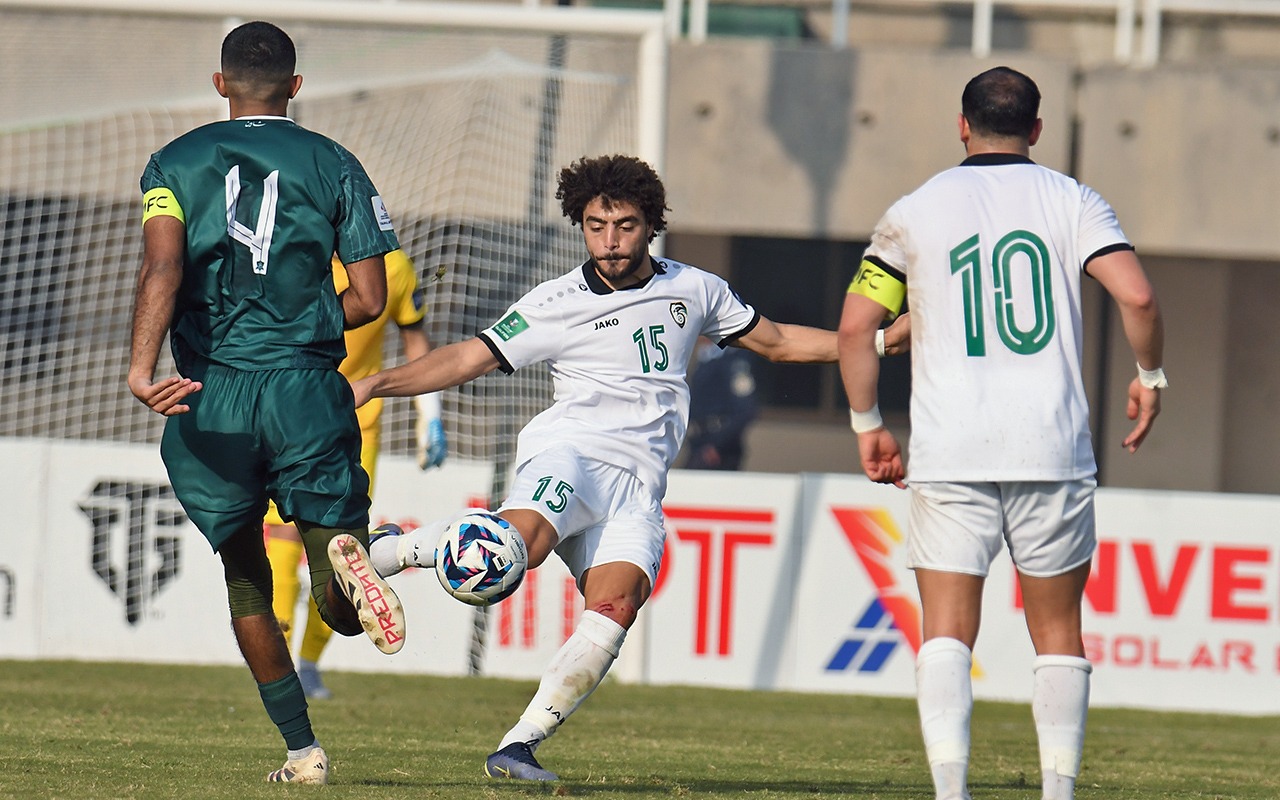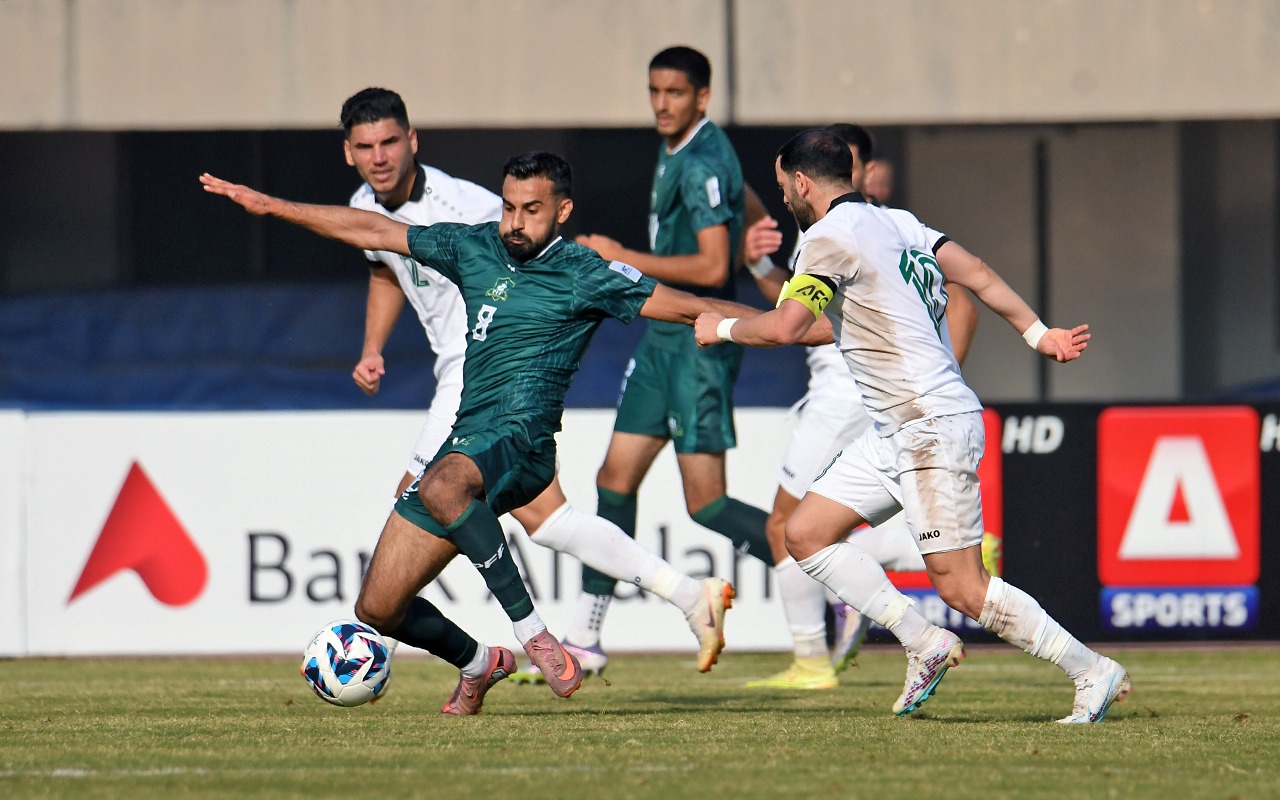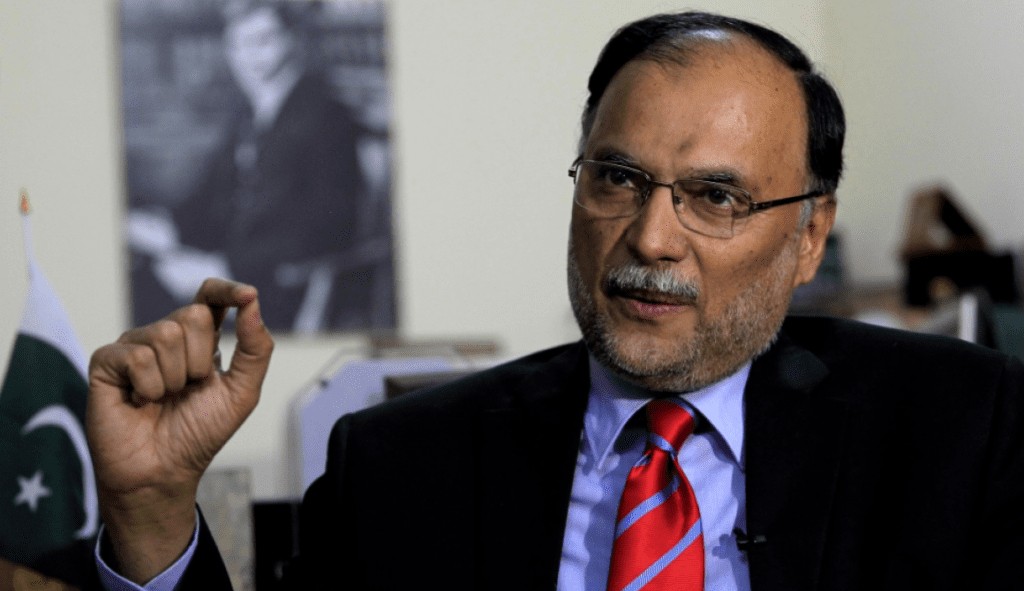Pakistan’s recent 5–0 loss to Syria in Islamabad has raised serious questions about the national team’s preparation and long-term development. As part of the AFC Asian Cup 2027 qualifiers, this match highlighted the massive challenges Pakistan faces in competing with stronger Asian teams. While the defeat was difficult to watch, it also provides a valuable opportunity to examine weaknesses, structural issues, and the reforms needed to elevate the national game ahead of the AFC Asian Cup 2027 journey.
Understanding the Defeat Within the AFC Asian Cup 2027 Qualification Stage
The match against Syria was not just another fixture—it was a critical chapter of the AFC Asian Cup 2027 qualifying campaign. Pakistan entered the game ranked 198 globally, while Syria sits comfortably at 86. This difference was evident from the beginning, although Pakistan initially showed promise by restricting Syria to a single goal in the first half.
However, the second half revealed the true competitive gap that exists at the AFC Asian Cup 2027 qualification level. Syria’s sharp movement, tactical maturity, and physical superiority overwhelmed Pakistan as the match progressed.
Why the Match Fell Apart in the Second Half
1. Fitness Limitations
A major factor in Pakistan’s defeat was the inability to maintain intensity. The physical demands of the AFC Asian Cup 2027 qualifiers require stamina and pace for the full 90 minutes, and Pakistan’s squad struggled to meet this standard.
2. Tactical Disorganization
Syria remained compact, disciplined, and fluid in transitions. Pakistan, meanwhile, often lost shape during quick attacks, allowing Syria to exploit defensive gaps repeatedly.
3. Inexperience on the International Stage
Many Pakistani players are unfamiliar with the speed and pressure typical of the AFC Asian Cup 2027 competition environment. Lack of exposure and confidence affected decision-making in critical moments.
4. Weak Finishing and Creativity
Pakistan’s attack lacked the precision needed to compete at this level. Without clinical finishing and creative buildup, scoring becomes an enormous challenge in the AFC Asian Cup 2027 qualifiers.
Pakistan’s Longstanding Football Problems Resurface

To understand the loss, one must view it within the broader landscape of Pakistan’s football environment—an environment that has struggled for decades.
Administrative Instability
Repeated disputes, FIFA bans, and federation issues disrupted long-term planning. Such instability severely affects readiness for structured campaigns like the AFC Asian Cup 2027.
Weak Infrastructure
Training grounds, academies, and professional coaching systems remain underdeveloped. Competing in qualifiers for events such as the AFC Asian Cup 2027 requires world-class preparation—something Pakistan lacks.
Limited Competitive Football
Domestic football lacks consistency. Without a strong league, players do not receive the competitive match exposure needed to compete with teams preparing rigorously for the AFC Asian Cup 2027.
Positive Lessons Despite a Heavy Scoreline
Even though Pakistan’s qualification hopes are nearly nonexistent, participation in such tournaments plays a crucial role in the country’s football growth.
1. Learning From Stronger Teams
Facing sides like Syria gives Pakistan a sense of the standards required to compete in tournaments like the AFC Asian Cup 2027.
2. Experience for Emerging Talent
Younger players gain essential international exposure, helping them grow mentally and technically.
3. A Clear Benchmark for Reform
The defeat underscores where Pakistan stands and what improvements are necessary before future AFC Asian Cup 2027-related competitions.
Reforms Pakistan Must Prioritize
1. Professionalizing Domestic Football
A structured, competitive league system is essential for producing players capable of performing at AFC Asian Cup 2027 standards.
2. Developing Grassroots Programs
Youth development is the backbone of football. Pakistan must invest in academies and nationwide training pathways.
3. Investing in Modern Coaching
Strengthening coaching quality, adopting sports science, and using data-driven training methods are vital.
4. Engaging Overseas Pakistani Talent
Diaspora players competing in Europe and the Middle East can significantly raise Pakistan’s performance level.
Looking Ahead: Pakistan’s Football Future
Although this defeat was painful, it must be treated as a turning point. The real value of this moment lies in how Pakistan responds. The path to becoming competitive in Asia will require patience, funding, and long-term planning—not short-term fixes.
The AFC Asian Cup 2027 campaign, despite its challenges, provides Pakistan with clarity on what must improve. The nation must now focus on rebuilding its football identity, developing strong structures, and nurturing a generation of players ready to compete confidently on the Asian stage.
Conclusion
Pakistan’s 5–0 defeat to Syria reflects both on-field shortcomings and deep-rooted structural issues. Yet it also presents an opportunity for reassessment. If Pakistani football commits to systematic reform, long-term investment, and professional development, the lessons learned during the AFC Asian Cup 2027 qualifiers could spark the revival the nation desperately needs.
Mr. Sabahuddin Qazi is a seasoned writer and analyst known for his insightful commentary on Pakistan’s socio-political landscape. His work reflects a commitment to balanced perspectives and informed public discourse.



